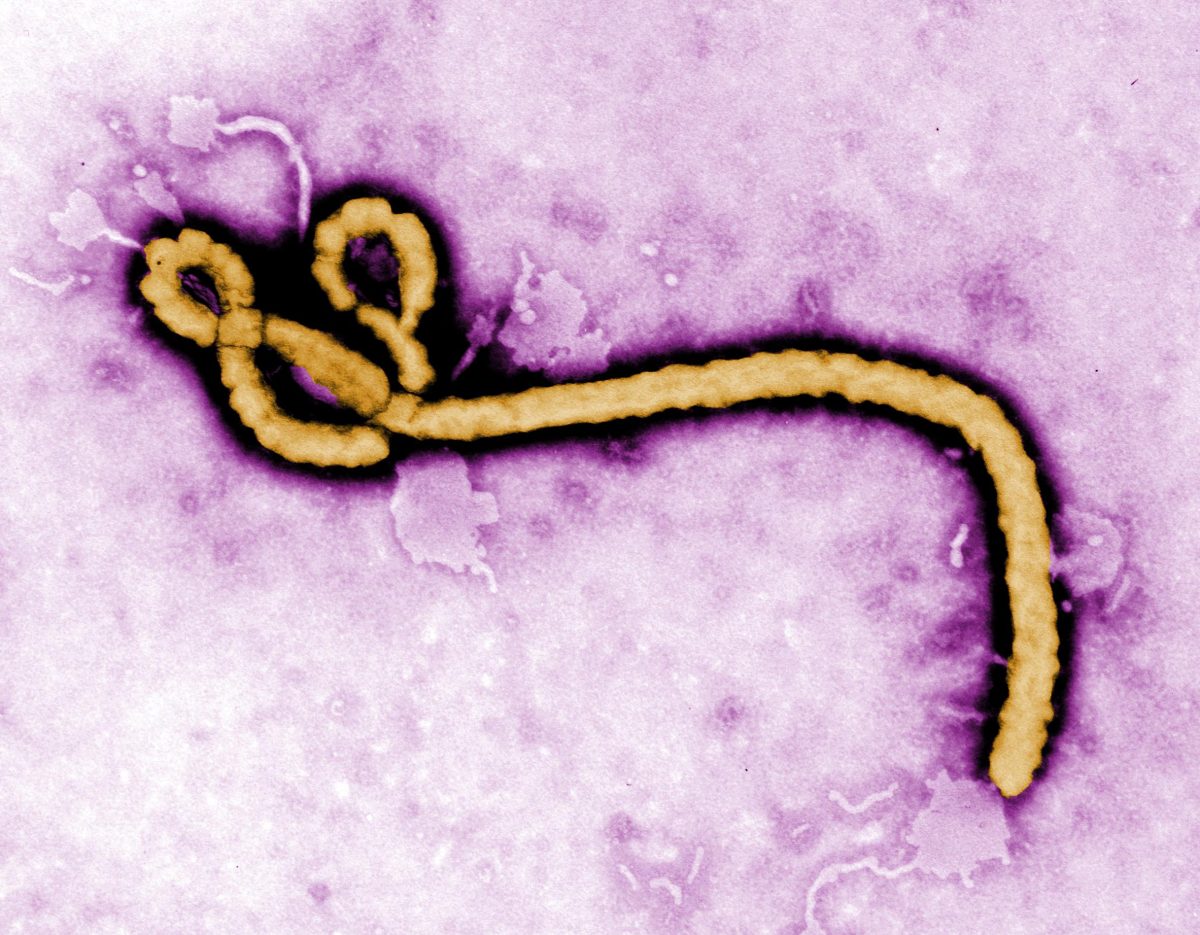By Marian Baker, Class of 2017
Hysteria surrounding the Ebola virus is currently at epidemic proportions in America. That is right – the hysteria, not the disease.
Reports on Ebola patients appear on news networks almost hourly and are a current staple on the “Today Show”. Recently, a school in New Hampshire placed a teacher on leave for 21 days, the incubation period for Ebola, just because she attended a conference in Dallas, the city in which Thomas Eric Duncan was being treated for Ebola at the time.

Oct. 17, it was announced that President Obama would even name an Ebola “czar,” an official that would act as an overseer to the government’s handling of the virus. Talk of Ebola has even invaded our everyday conversations: I have heard more than one person in the last week assert that a certain exam should be canceled in the wake of Ebola’s inevitable spread. It was stated in good humor, but it still demonstrates that Ebola has seeped into our daily interactions.
Of course, Ebola is a terrifying disease – there is no denying that. We should be scared of a disease that can make us bleed from every orifice. However, there is no need for the current level of fear being propagated by the media, which anticipates a nationwide epidemic as it highlights the “failures” of health and government officials alike in the handling of the disease domestically. Thus, in a small-scale attempt to combat the onslaught of Ebola hysteria, I present several Reasons Not to Panic:
Ebola is not very contagious. Yes, Ebola is a “contagious” disease, but its method of transmission actually makes it quite difficult to contract. Ebola is spread through direct contact with the bodily fluids of an infected individual who is already showing symptoms of the disease. You cannot contract Ebola from an asymptomatic individual. There is a reason that all of the Americans who have contracted Ebola are healthcare workers: they are the ones who must work directly with the bodily fluids of symptomatic individuals. Are you working with Ebola patients? Sticking your fingers in the fluids of ill friends? No? Then you are probably not going to contract Ebola.
The survivorship of Ebola victims in the United States is high and the transmission rate is low. Seven patients out of the eight Ebola cases treated in the US have survived, primarily due to the medical infrastructure that we have in place. The US is very different from Western Africa in many respects, and these differences not only allow for better treatment of the disease but also make it extremely difficult for the disease to maintain a chain of transmission. Western Africa does not have the same medical infrastructure and resources. Meanwhile, the tenuous political situation in several of these countries makes handling the situation even more difficult. The United States is on high alert and more than ready to combat the spread of this disease.
You are not scared of more prevalent diseases. Flu season is fast approaching, but this year, as in years past, many Americans have no intention of getting a flu shot. Reasons for this may vary, but a common thread among people who opt out of a flu shot is that they are simply not afraid of getting the flu; it is just the flu, after all. However, you are several thousand if not a million times more likely to catch the flu this season than you are to come down with Ebola. While the exact number is hard to estimate, about 5-20 percent of the US population will have a case of the flu. In a typical year, the flu will kill approximately 25 thousand people in the US alone. Last year, 109 of those deaths were children. If you are not afraid of the flu, a much more likely scenario with a similar ability to kill you, then you should not be afraid of Ebola.









































